The Importance of Financial Literacy
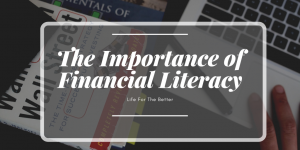 As an adult, you are faced with numerous responsibilities. One of the most common ones is financial responsibility. This means that every now and then, we have to pay bills, buy certain commodities or services so that we can survive and live to see another day. Financial constraints can be avoided by being more organized and making sure that you have the know-how on how to manage your cash flow. It’s important to be aware about how you spend your money and how much you bring in at the end of every month. The moment you reevaluate your finances, you will figure out the source of your financial troubles. Here’s what you need to know before you get started.
As an adult, you are faced with numerous responsibilities. One of the most common ones is financial responsibility. This means that every now and then, we have to pay bills, buy certain commodities or services so that we can survive and live to see another day. Financial constraints can be avoided by being more organized and making sure that you have the know-how on how to manage your cash flow. It’s important to be aware about how you spend your money and how much you bring in at the end of every month. The moment you reevaluate your finances, you will figure out the source of your financial troubles. Here’s what you need to know before you get started.
What is Financial Literacy?
First of all, you need to have a clear understanding of the term financial literacy which is described as the ability to make responsible daily financial decisions based on the deep knowledge developed by your credit, financial, and debt management. Even though the main purpose of financial literacy is to help you maintain a stable financial position, it also teaches you about the true value of money and how to spend it wisely.
Credit
Credit and debit card transactions are here to stay and make a big difference when it comes to spending money. Since its easily accessible from almost anywhere, you need to make sure that you have a set limit on how much you can spend on a regular basis. Borrowing on credit could equally affect your credit score. The more you borrow and pay on time, the more likely you’re going to get a higher borrowing limit due to your credit score. Late payments, on the other hand, could result in a low credit score which can affect your future loan needs. This means you’ll most likely not get access to loans, or any other institutions that requires a good credit score.
Savings
There are instances where the amount that you have in your savings account helps you handle financial needs such as paying for college or buying a new home. Whatever the case may be, savings is a vital part of financial literacy. Setting up a savings account that doesn’t allow you to easily access it can help you reach financial goals. That way, you won’t be tempted to spend on frivolous expenses. You can also make the process more efficient by saving a specific percentage of your income every month.
Learning
Once you begin taking the steps towards financial literacy, you’re going to begin learning new concepts and ideas that you can use. With a carefully illustrated expenditure, you’ll be in a better position to use any surplus money for projects and investments. You’re going to start learning how much you can afford to channel into a business idea or even a charitable event in your local area. By learning more about finances, you’ll be able to create various income streams that can guide you to financial freedom where you won’t have to solely rely on your salary.
Spending
By now you’ve probably noticed that the art of financial literacy basically revolves around spending. The truth of the matter is that we often find ourselves spending much more than we can afford. This type of behavior will most likely lead you towards potential bankruptcy which is not something that anyone of us would wish for. Financial literacy teaches you to spend only what you can, and also to save something extra each and every month. Wise spending is the only way to avoid making a loss based on what you earn.
Borrowing
If you ever had the chance to sit down and calculate the amount of money that you’ve borrowed from family, friends, and financial institutions, you’d be surprised at how much money you’ve lost from unwise financial decisions. This could include bad borrowing habits that made you accumulate loans that you were unable to repay. Financial literacy teaches you how to borrow wisely and only that which you can pay back within a particular time period. This helps you avoid borrowing money that will only make you more broke by the time you’ve paid it all back. Financial literacy can’t be fully achieved without patience as well as the right approach.
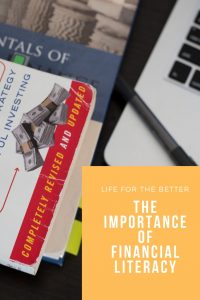 Author Bio:
Author Bio:
Brittany Waddell is a contributing writer and media specialist for NextGen Wealth. She often produces content for a variety of financial blogs.
We use Personal Capital to track our net worth. We simply connect our assets and it tracks everything for us! Our net worth, cash flow, budget, investment fees, retirement planner, and more are tracked through this site. It’s completely free too! Sign up for free and receive $20 when you open an account!
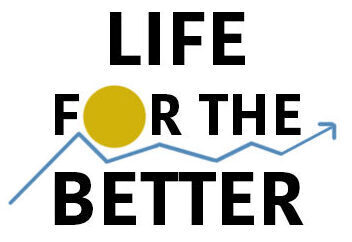
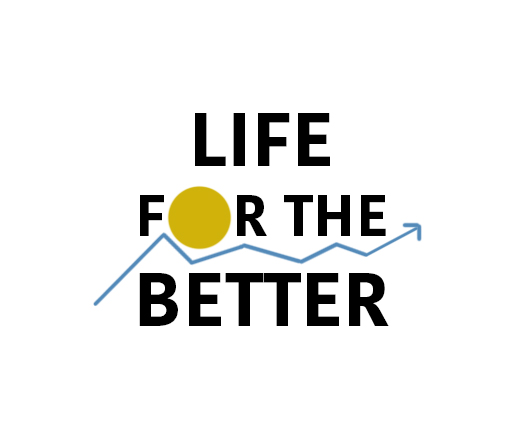
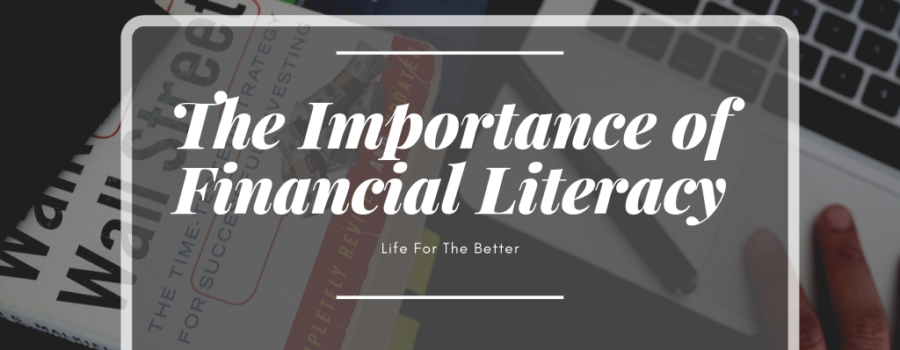
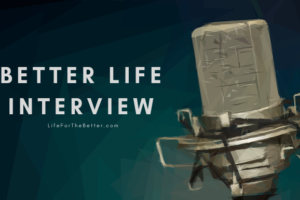


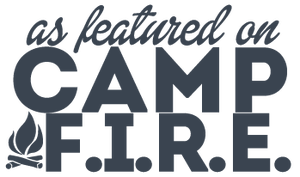


I just found your site through rockstar finance and we’re so similar (not in age, though! we’re 39 and 41 :)) — having done the traditional house thing for many years, and wanting to downsize and retire early as we approach our (fluid) FI number, we decided to build a tiny house that will have paid for itself in 2020. Anyway, our reasons for tiny living are very similar, so I thought I’d pop over and say hi! I’m enjoying your blog. Keep it up!
Hey Jessica! Thanks for stopping by to say hi! That is so sweet you’re doing the tiny house living!!! We are so pumped for you, can’t wait to hear more about it. Send us an email sometime with updates please and thank you 🙂